Ohio Farm Bureau Podcast: Water Quality: Research, Results and the Road Ahead
Jay Martin of Ohio State and Jordan Hoewischer join the podcast to break down the recent research and advocacy efforts helping drive that progress.
Read MoreThe Ohio Department of Agriculture recently reported that it continues to see strong interest from agricultural producers who want to participate in the H2Ohio.
The Ohio Department of Agriculture recently reported that it continues to see strong interest from agricultural producers who want to participate in the H2Ohio.
Over the past year, agriculture has realized numerous successes in Gov. Mike DeWine’s water quality initiative, with over a million acres of farmland impacted.
With the passage of Ohio’s biennium budget for fiscal years 2022 and 2023, ODA plans to dedicate nearly $60 million annually toward the H2Ohio initiative over the next two years. ODA will continue the program in the originally targeted 14 counties of the Maumee River Watershed and has expanded the program to the remaining 10 counties in the Western Lake Erie Basin.
ODA will continue to offer seven best management practices aimed at reducing nutrient loss from cropland through better nutrient management, erosion management and water management. The first year of H2Ohio enrollees are wrapping up their growing seasons with the first round of those practices. Preventing the over-application of nutrients and then keeping those nutrients on the land is critical.
Also in this last year, the Department of Natural Resources began work on another 33 wetland projects totaling 5,052 acres. These projects are located throughout Ohio though the majority of them are based in the Western Lake Erie Basin, which means more the water from more land in the watershed will be slowed down and filtered through these additional wetlands. Fewer nutrients will end up in Lake Erie and other water bodies. The Ohio Environmental Protection Agency is also working on water and sewer projects.
ODA also reported that it will also launch a statewide watershed management program, created through the passage of House Bill 7 in 2020. This new watershed management program will assess water quality concerns at the regional level throughout the state and identify management practices to protect watersheds and improve water quality in areas of impairment.
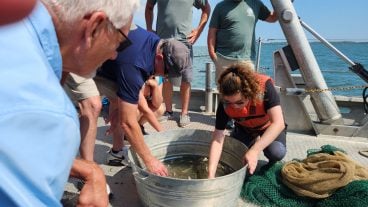
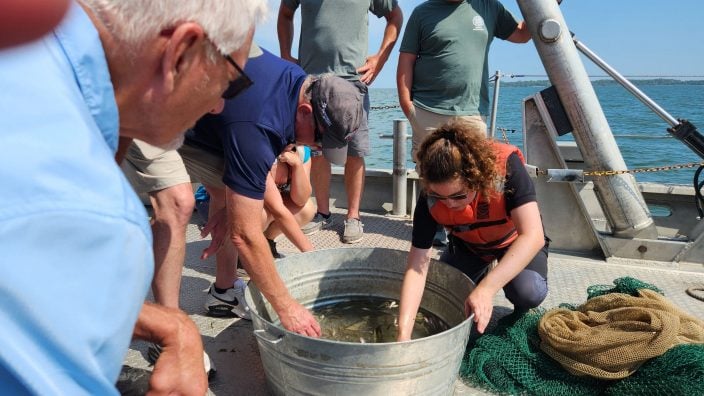
Jay Martin of Ohio State and Jordan Hoewischer join the podcast to break down the recent research and advocacy efforts helping drive that progress.
Read More

Ohio EPA has recently proposed allowing data centers to obtain ‘general’ National Pollutant Discharge Elimination System (NPDES) permits for their stormwater/wastewater discharges.
Read More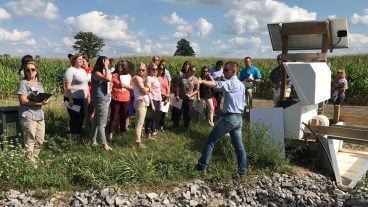
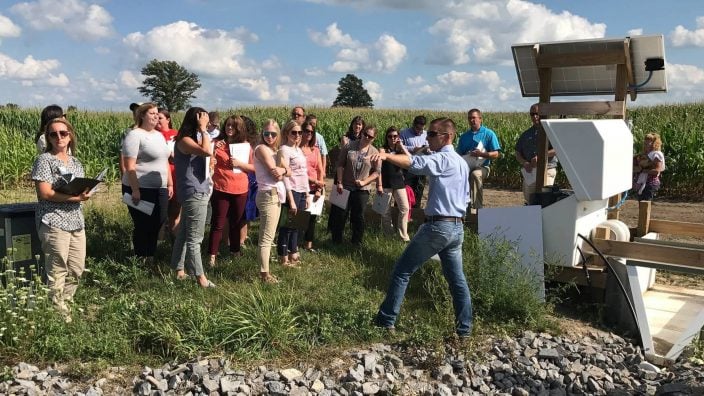
The network was established in fall 2015 on farms in Hardin and Hancock counties. Nearly 200 different tours and events took place on the three farms totaling nearly 4,000 visitors in its 10-year span.
Read More

The 2025 algal bloom for the Western Lake Erie Basin is expected to have a severity index of 3, according to the final forecast from the National Oceanic and Atmospheric Administration.
Read More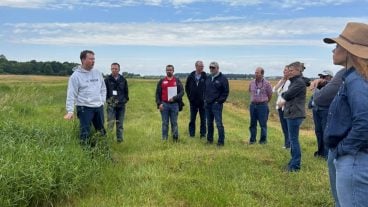
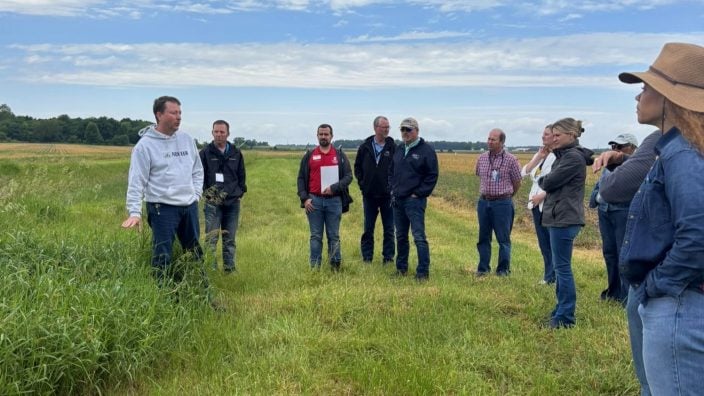
Over 30 tour participants witnessed a variety of conservation strategies in action, including cover crops, no-till and strip-till systems, two-stage ditches, land buffers and advanced manure management.
Read More
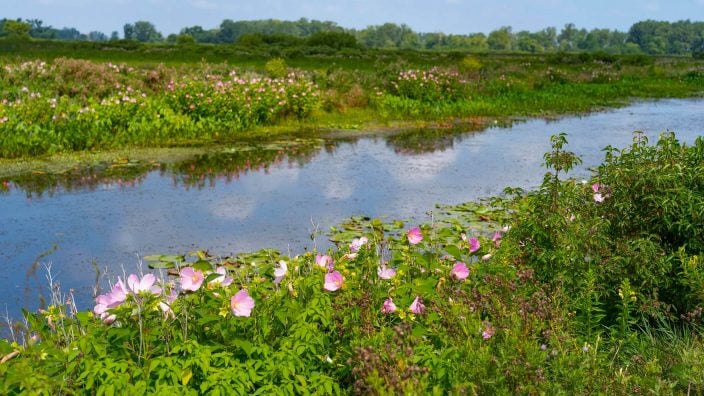
Experts are monitoring the severity of this season’s algal bloom in The Western Lake Erie Basin. As more research is…
Read More
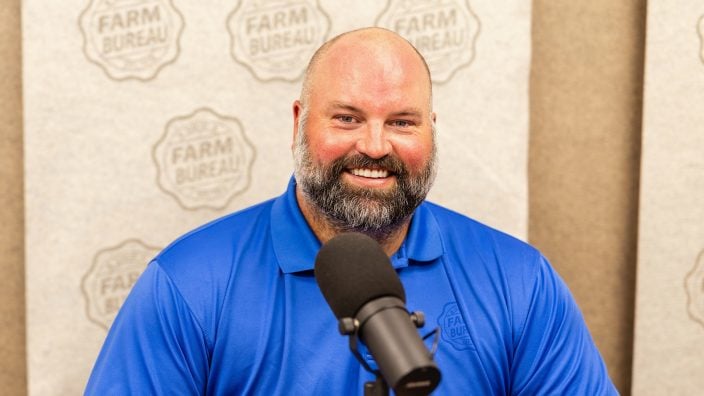
The Field Day podcast series will include guests from the USDA Agricultural Research Service, Ohio Department of Agriculture, The Ohio State University and the University of Illinois.
Read More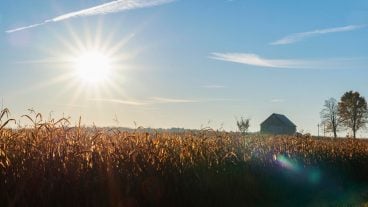
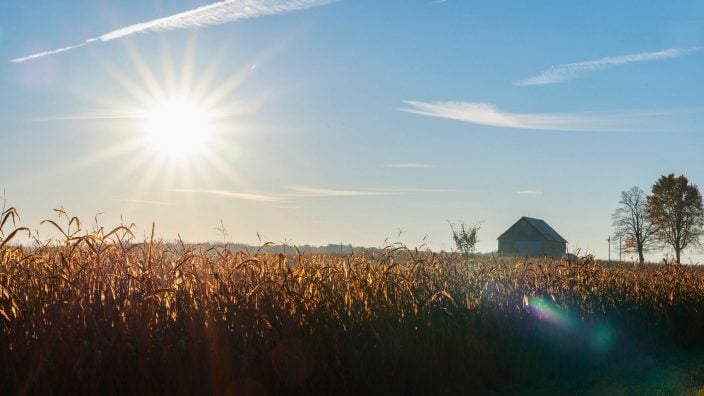
The plan provides a blueprint for policymakers and Ohio Farm Bureau members to bolster Ohio’s agriculture industry and our rural communities.
Read More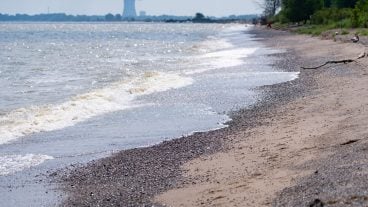
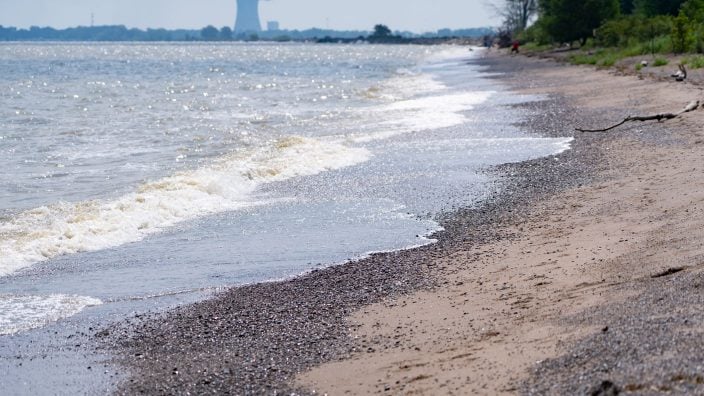
A proactive approach to water quality in Ohio is getting results without burdensome regulations.
Read More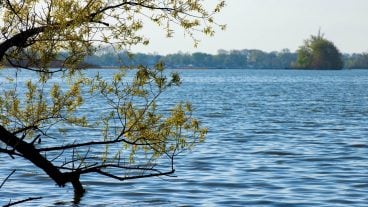
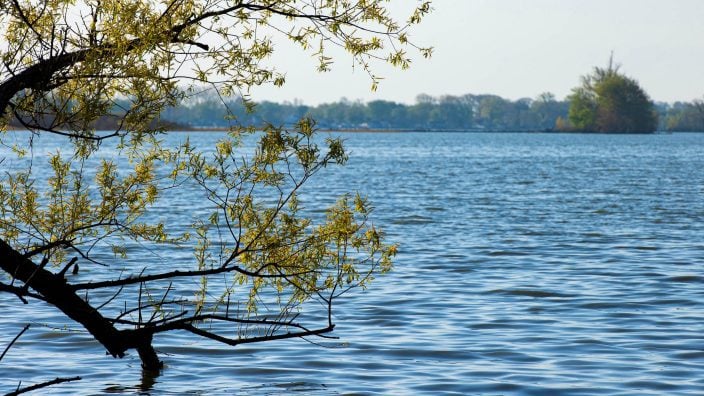
In this Ohio Farm Bureau Podcast, key findings of the latest Ohio Agriculture Conservation Initiative Assessment Report are unveiled.
Read More